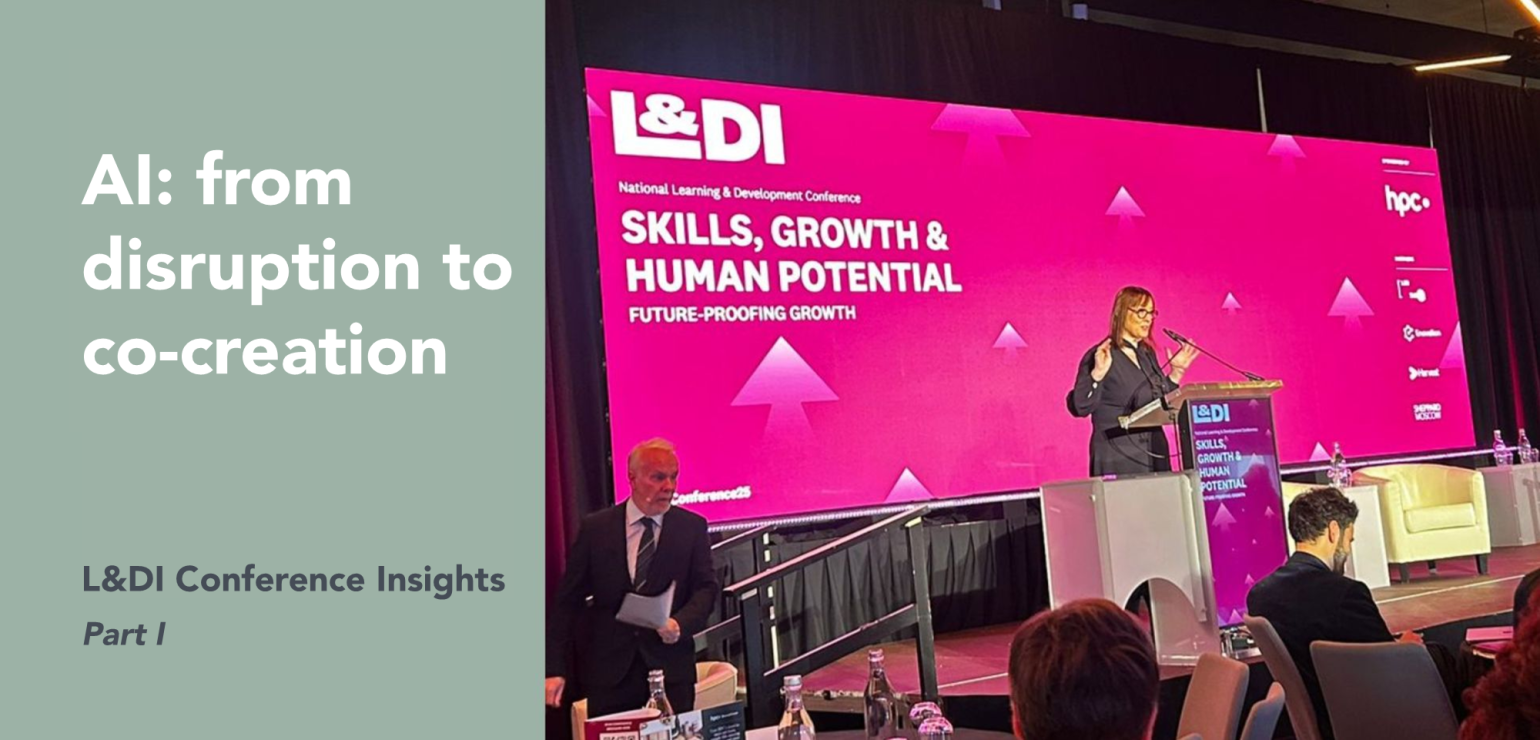New strategies require renewed leadership cultures

It is the worst of times and the best of times to be a leader in the automotive industry. The industry faces extraordinary challenges and revolutionary changes in the face of climate change and the rise of the battery electric vehicle. In extraordinary times the power of agile and empowered teams comes into its own: creating the conditions for collective problem solving enables organisations to face problems and opportunities they have never faced, to know what to do when they don’t know what to do.
The automotive industry has recently endured repeated demand and supply shocks while making epoch changing adjustments to their product lines. In such a volatile context, strong internal leadership and sustainable cultural practices are crucial. This has led us to reflect on what we learnt from working with Volvo, McLaren, Ford Motor Company, and Lear Corporation in the years leading up to and following the Great Financial Crisis and the near death and revival of the many storied auto companies and brands – and on conversations we’ve had in the last few months with a number of actors in the European auto sector.
In the aftermath of the GFC new strategies in the automotive industry required leadership culture transformation: ambiguity and compromise were replaced with clarity and disciplined thinking; silos, fiefdoms and hierarchy with alignment and flexibility; politicking and self-interest with teamwork and collective purpose.
We saw this in our work with Ford Motor Company in the aftermath of 2008/9. We partnered with them to develop a collaborative and empowered leadership that could navigate the iconic organisation through this never-before-seen environment. A few years later our experience with Lear Corporation saw intervention at a moment of leadership change and renewal at the top of the organisation. In forming new positive behaviours, breaking down siloes, aligning on purpose the leadership team could refocus their energy externally, competing and problem solving as a team.
The auto industry has new strategic challenges and opportunities today, and a vastly different competitive landscape. Some claim the automotive industry is experiencing the most substantial change since Henry Ford industrialized manufacturing more than a century ago; but certainly since the rise of the Japanese auto industry half a century ago. Ian Robertson, Member of the Board of Management for Sales & Marketing, BMW AG puts it very well; “If we think we can continue to do what we always did but a little bit better, it isn’t going to work anymore.”
So now, today, at a time of huge change and creativity in the sector what are the renewed leadership cultures that will be needed for bold new electric strategies?
Reflecting on our experience with the automotive sector in tumultuous times in the past and talking with automotive actors now, several aspects of leadership culture seem more important now than ever:
- Agility is non-negotiable. Being able to define strategy, manage the operational detail and switch between the two fluidly and nimbly will give an organisation the edge on problem solving and pivoting.
- Create open feedback loops and proactively build a culture of psychological safety. A tricky combination for leaders to achieve but vital. People need to feel safe at every level, from the factory floor to executive board, so early warnings or potential issues can be flagged quickly and without blame.
- Be a talent developer, identifying, developing and retaining talent. Investing in people will help tackle and break down the traditional images of the automotive sector and to align and integrate the talent strategy with the business strategy.
- Let go of the predominantly directive style of leadership and think pull over push. Influence and inspiration are more effective than domination.
- Ultimately leaders must build and lead agile, high performing teams; it's not enough to simply manage the functional area. Leaders must be able to maintain a clear vision of the future while managing daily operations; it's not enough to be one or the other, they must be able to do both.
To read more about our approach with Ford creating a leadership culture for business success, and Lear, raising the bar for leadership in a global organisation.
Plus read about creating a psychological safety blanket for yourself and your teammates.

 Andrea Cusack
Andrea Cusack  Johnny Kelleher
Johnny Kelleher 
 Aoife Keane
Aoife Keane 
